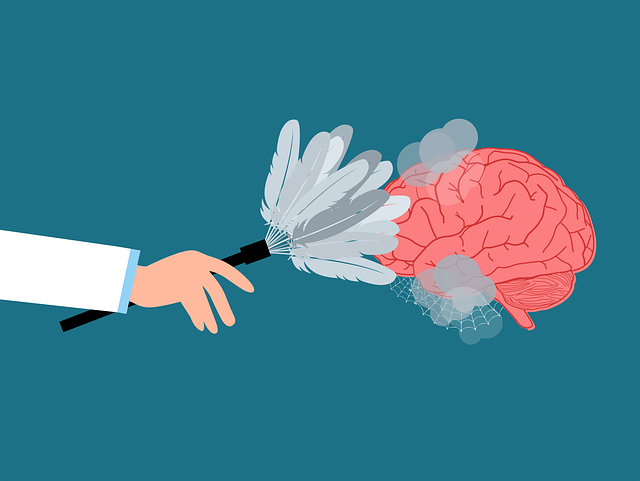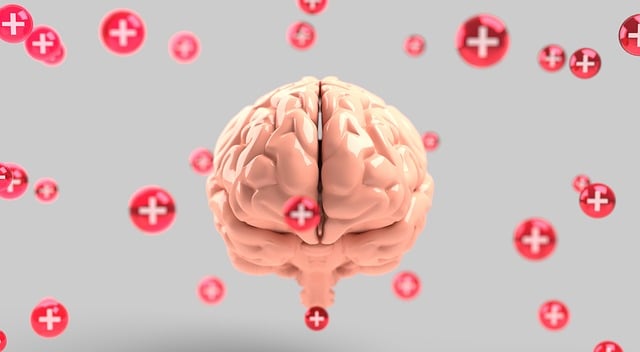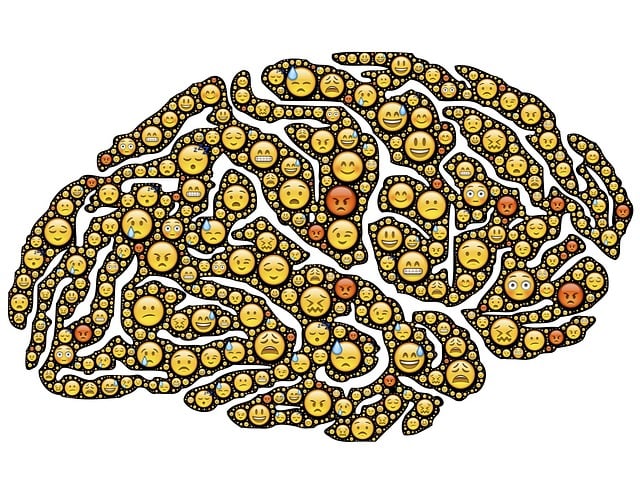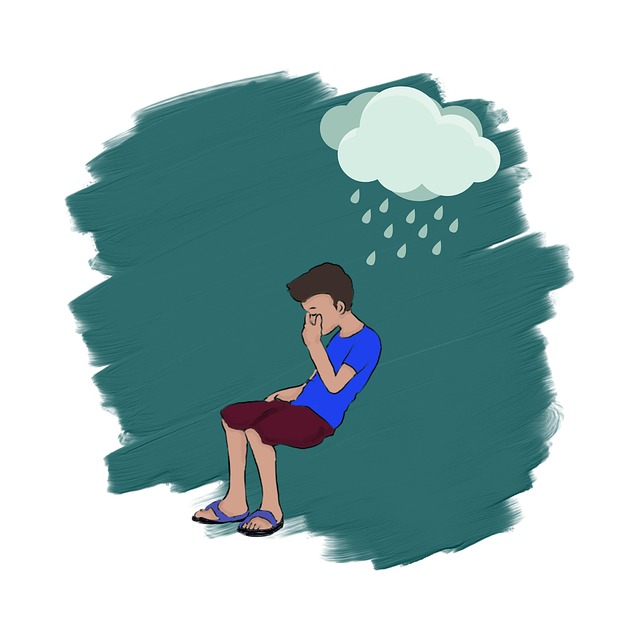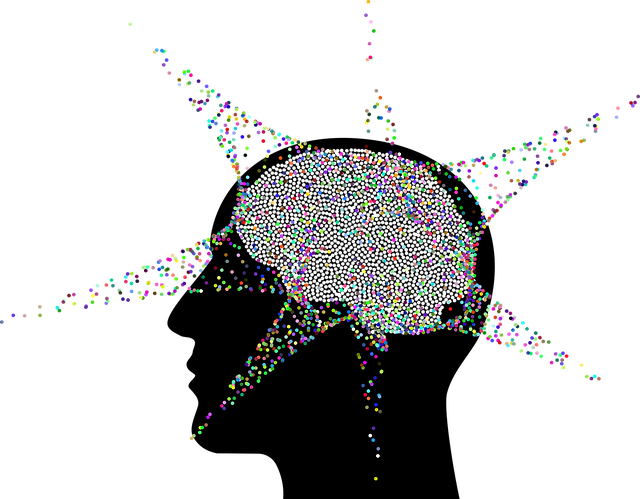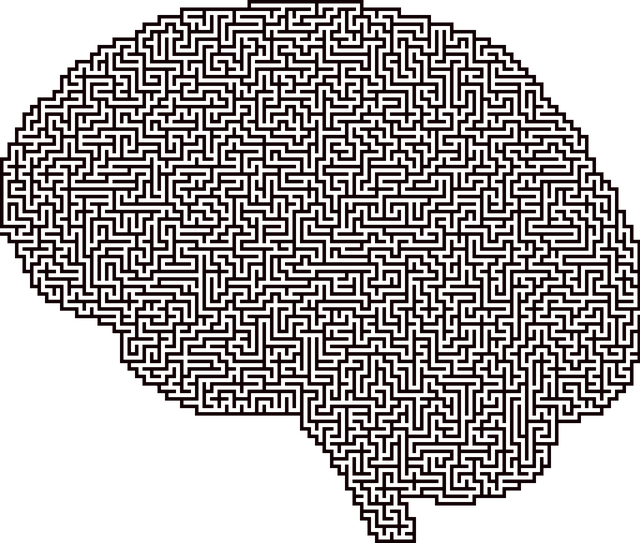Mental wellness is a critical but often overlooked aspect of aging, with isolation and cognitive changes posing unique challenges. Early recognition and therapy are vital for seniors' well-being. EMDR (Eye Movement Desensitization and Reprocessing) therapy, offered by certified professionals, effectively treats depression, anxiety, and PTSD in elders. By integrating EMDR into risk assessments, mental health practitioners can significantly improve the quality of life for seniors, addressing both physical and mental wellness needs. Community support systems that include EMDR-certified therapists foster social connections, self-care practices, and emotional healing, ultimately enriching the lives of elderly individuals.
Mental wellness promotion among aging populations is a growing priority, given the unique challenges faced by older adults. This article delves into several key aspects of enhancing mental health in this demographic. We explore understanding mental wellness, focusing on the effectiveness of EMDR therapy tailored for the elderly. The benefits and applications of certified EMDR therapists are highlighted, along with strategies to integrate therapy into community support systems. Additionally, we discuss promoting mental health awareness and early intervention for elders, emphasizing the role of EMDR-certified professionals in fostering robust mental wellness.
- Understanding Mental Wellness in Aging Populations
- The Role of EMDR Therapy for Elderly Individuals
- Benefits and Applications of Certified EMDR Therapists
- Integrating Therapy into Community Support Systems
- Promoting Mental Health Awareness and Early Intervention
Understanding Mental Wellness in Aging Populations

Mental wellness is a critical aspect of aging that often receives less attention than physical health. As our population ages, understanding and addressing mental health issues among seniors become increasingly important. The unique challenges faced by older adults, such as isolation, loss of loved ones, and cognitive changes, can significantly impact their overall well-being. Recognizing these signs early on is vital for mental wellness promotion among aging populations.
Therapy for elders plays a pivotal role in managing and preventing mental health crises. Techniques like Eye Movement Desensitization and Reprocessing (EMDR) Certified therapy have proven effective in treating conditions such as depression, anxiety, and post-traumatic stress disorder (PTSD). Mental health professionals are equipped with tools to conduct risk assessments for older adults, providing crisis intervention guidance tailored to their needs. By integrating these strategies, we can enhance the quality of life for seniors, ensuring they receive comprehensive care that addresses both physical and mental wellness.
The Role of EMDR Therapy for Elderly Individuals

The Elderly and Mental Wellness: EMDR Therapy as a Game-Changer
For elderly individuals dealing with mental health challenges, finding effective treatment options can be transformative. Enter Eye Movement Desensitization and Reprocessing (EMDR) therapy—a highly specialized approach that has shown remarkable results in helping seniors process traumatic memories and reduce symptoms of anxiety and depression. As an EMDR-certified professional, it’s crucial to understand the unique needs of the elderly population and how this therapy can be tailored to their specific circumstances.
EMDR therapy facilitates emotional regulation by tapping into a person’s natural healing abilities, making it particularly beneficial for elders facing age-related stressors or past traumas. The non-invasive nature of EMDR, combined with its ability to expedite healing, makes it a valuable tool in the mental health arsenal for both practitioners and their elderly clients. Moreover, when integrated into a comprehensive risk assessment for mental health professionals, as recommended by industry experts, EMDR can contribute significantly to improving the overall well-being of elderly individuals in our society.
Benefits and Applications of Certified EMDR Therapists

EMDR (Eye Movement Desensitization and Reprocessing) therapy has gained significant recognition as an effective approach to treating trauma and mental health issues. One of its key strengths lies in its ability to provide profound healing for elders experiencing psychological distress. Certified EMDR therapists are trained professionals who can offer specialized care tailored to the unique needs of older adults. This therapeutic method facilitates the processing of traumatic memories, helping individuals integrate and overcome past experiences that may be impacting their present mental wellness.
The benefits extend beyond trauma resolution, as EMDR can also assist in managing chronic stress, a prevalent concern among elders. By promoting self-care routine development for better mental health, certified therapists empower this demographic to navigate life’s challenges with resilience. Public awareness campaigns development around mental wellness can further benefit from EMDR’s capability to accelerate healing and enhance overall well-being, making it a valuable asset in the quest for improved mental health care for seniors.
Integrating Therapy into Community Support Systems

Integrating therapy into community support systems can significantly enhance mental wellness promotion, especially for elders. EMDR (Eye Movement Desensitization and Reprocessing) certified therapists play a pivotal role in addressing trauma and improving overall well-being. These professionals facilitate therapeutic sessions tailored to diverse needs, ensuring effective interventions. By embedding such services within community networks, elders gain accessible support, fostering social connections and empowering self-care practices.
Community-based programs often include Stress Management Workshops organized by local organizations, incorporating Self-Awareness Exercises to help individuals cope with daily challenges. Moreover, addressing Burnout Prevention is a key focus, as it aims to sustain mental resilience among community members. These holistic approaches, combining therapy and community support, create a nurturing environment for elders to thrive, improving their quality of life and fostering a sense of belonging.
Promoting Mental Health Awareness and Early Intervention

Mental health awareness is a cornerstone of overall well-being, especially as we age. Promoting early intervention through therapy for elders equipped with the right tools can significantly enhance their resilience building capabilities and emotional healing processes. EMDR (Eye Movement Desensitization and Reprocessing) certified therapists play a pivotal role in this journey by helping individuals process traumatic memories and overcome mental health challenges.
By fostering open conversations about mental wellness, we can break down the stigma that often prevents seniors from seeking necessary support. Encouraging community engagement and providing accessible resources for therapy services empowers our elders to take proactive steps towards maintaining their mental health. This, in turn, paves the way for a more fulfilling and balanced life, enriching both personal connections and overall community well-being.
In conclusion, promoting mental wellness in aging populations is a multifaceted endeavor. From understanding unique mental health challenges in older adults to leveraging evidence-based therapies like EMDR, certified therapists play a pivotal role in improving quality of life. Integrating these therapeutic approaches into community support systems and fostering mental health awareness can lead to early intervention and long-lasting positive outcomes for elderly individuals. By empowering seniors with the right tools and resources, we can create a more supportive and inclusive society that values the mental well-being of its elders.
